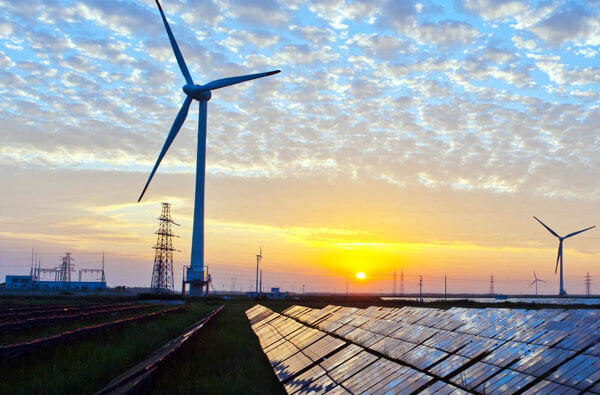Power Industry
DDetail

The power industry encompasses the production, distribution, and supply of electrical energy to meet the demands of various sectors and consumers. Here's a brief overview:
The power industry includes a diverse range of activities related to the generation, transmission, and distribution of electricity. Power generation facilities produce electricity using various sources of energy, including fossil fuels (such as coal, natural gas, and oil), nuclear energy, renewable sources (such as hydroelectric, wind, solar, and geothermal power), and emerging technologies like biomass and tidal energy.
Once electricity is generated, it is transmitted over a network of power lines and substations to distribution networks that deliver electricity to homes, businesses, industries, and institutions. Transmission and distribution infrastructure ensures that electricity is delivered reliably and efficiently to consumers across vast geographical areas.
The power industry operates within a complex regulatory framework that governs generation, transmission, distribution, pricing, and environmental standards. Regulatory agencies oversee the industry to ensure compliance with safety, reliability, and environmental regulations while promoting competition and consumer interests.
The power industry plays a critical role in supporting economic development, industrial growth, and modern lifestyles. Electricity is essential for powering homes, businesses, hospitals, schools, transportation systems, and communication networks, enabling a wide range of activities and services that drive productivity, innovation, and quality of life.
The power industry is undergoing significant transformation driven by technological advancements, environmental concerns, and changing consumer preferences. There is a growing emphasis on renewable energy sources and clean technologies to reduce greenhouse gas emissions, mitigate climate change, and promote sustainable development.
Renewable energy sources such as wind, solar, hydroelectric, and geothermal power are becoming increasingly important in the power industry's transition toward a more sustainable and low-carbon energy future. Advancements in energy storage, smart grid technologies, and digitalization are also reshaping the way electricity is generated, transmitted, and consumed.
Overall, the power industry plays a crucial role in meeting the world's growing energy needs while addressing environmental challenges and promoting sustainable development. By investing in clean energy technologies, improving energy efficiency, and adopting innovative solutions, the power industry is poised to drive positive change and shape the future of energy production and consumption.